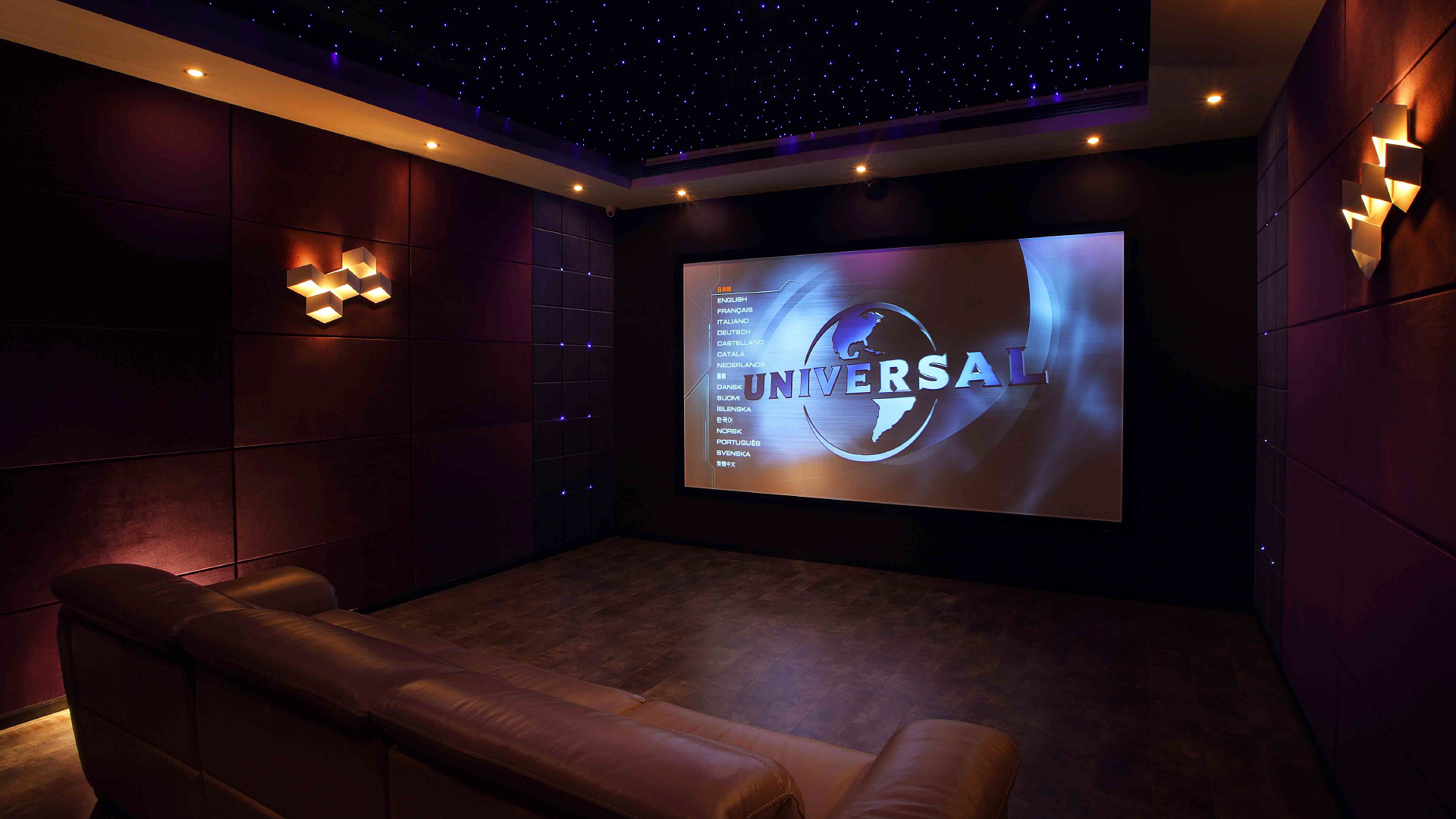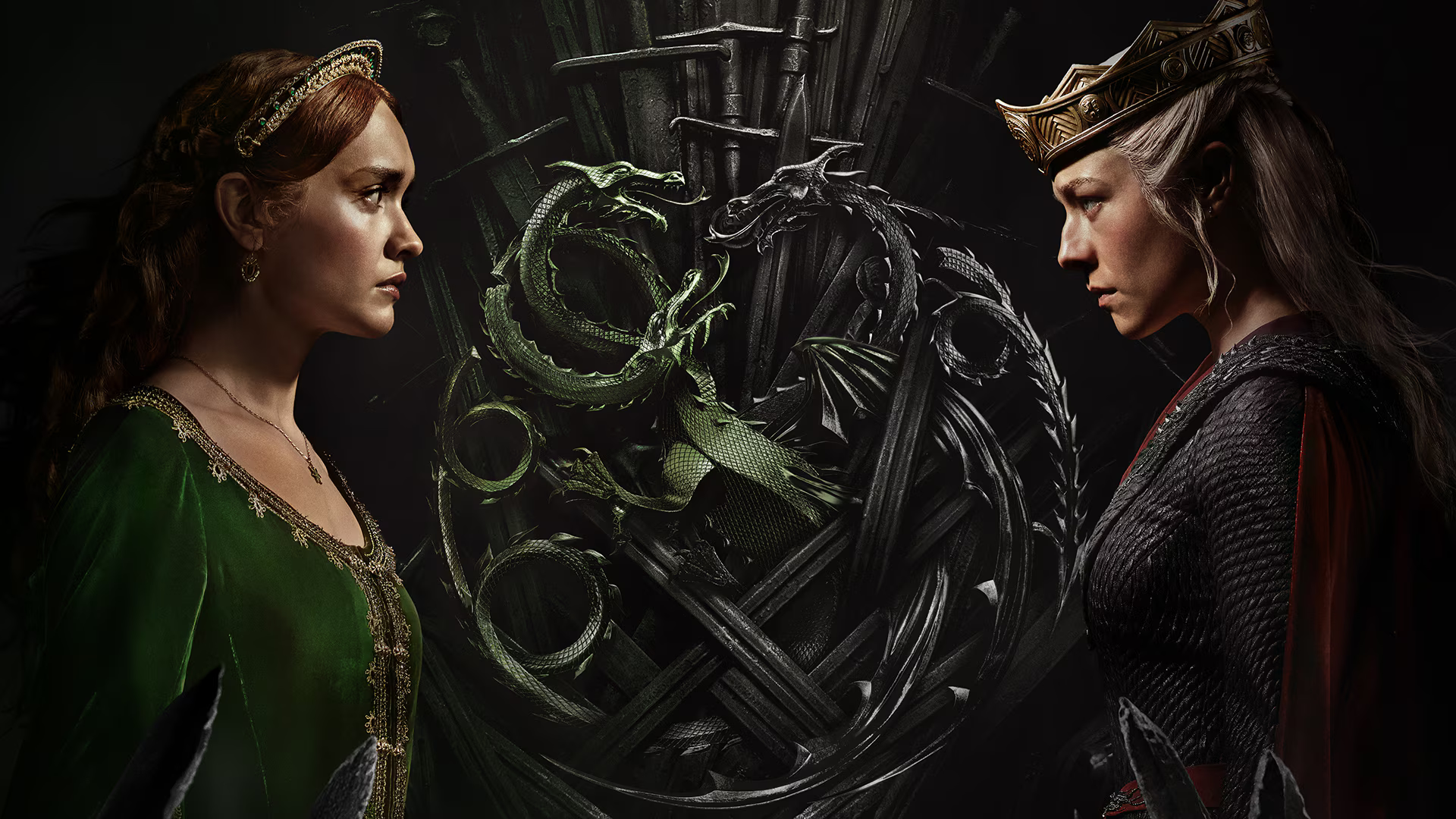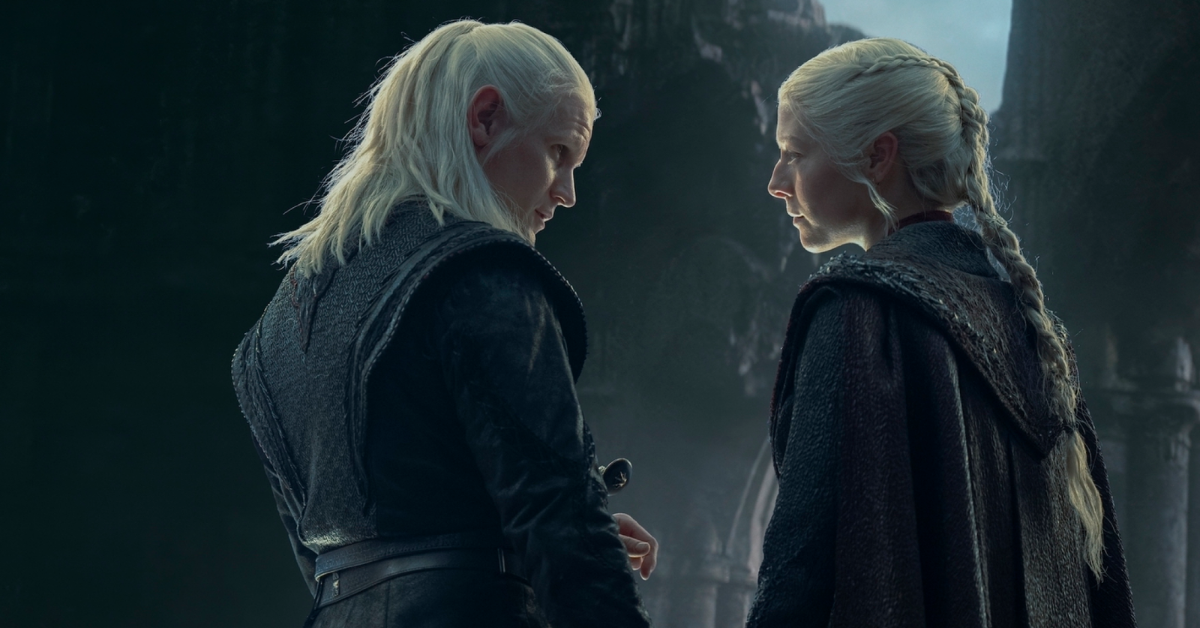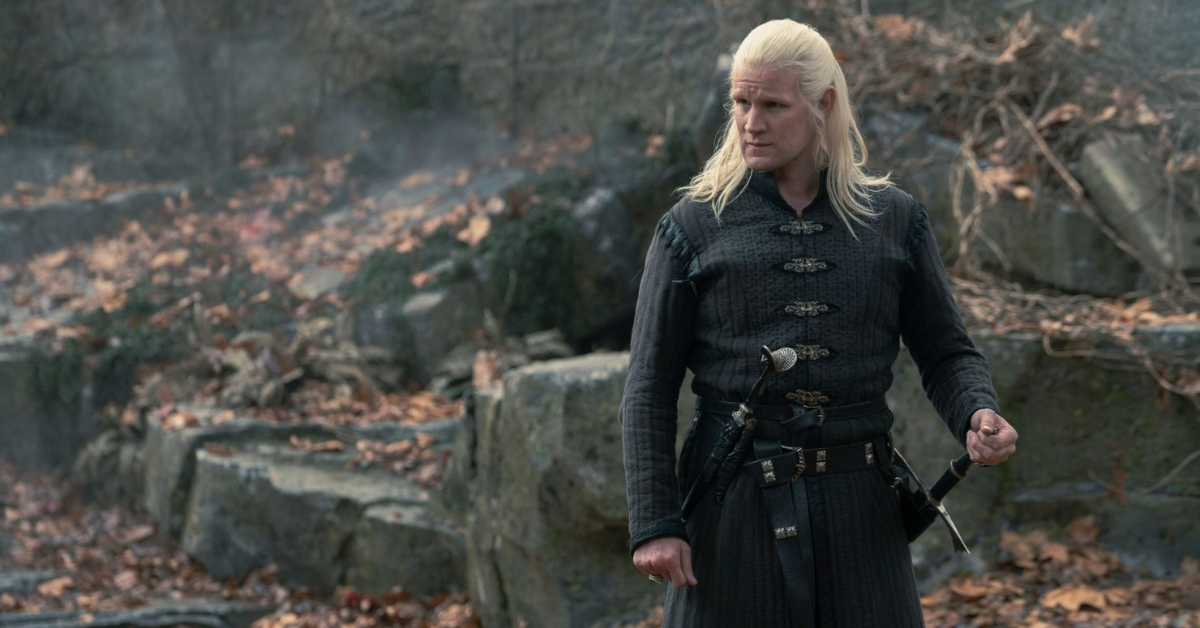I’m very excited to talk about the MCU’s 18th film in this Black Panther review.
The Marvel Cinematic Universe kicks off its 10th year with a bang. 2008’s Iron Man was, in many ways, a game changer—enticing audiences with the idea of a cinematic expanded universe. A concept adapted from comics that we had never really seen explored in cinema. Certainly, we’ve had movies and sequels set in shared universes, but nothing to the level of what Marvel wanted to accomplish.
And, that experiment has been an exciting exploit, while at the same time one that handicapped many of the films that came following The Avengers (2012).
The insistence of placing all of these movies in the same universe with a planned endgame in sight, has at times crippled the narratives. That, coupled with a necessary abundance of origin stories, has created a group of films that all feel the same—though the execution of those tropes may be better or worse, depending on the character and the filmmakers.
And I think that’s why Black Panther feels so refreshing. Let’s be honest, the hype train for this movie is reaching an apex. It’s tracking for a $180 million opening. If it pulls that off, it would be the biggest opening for a February film, ousting Deadpool. It would also become the third highest opening weekend for an MCU film, beating out Civil War and sitting behind only the two Avengers films.
Black Panther Review
Considering it’s placement as the last film before Infinity War, Black Panther, much like Wakanda, feels cut off from the rest of the MCU. Outside of one of the two stingers, and two characters, there is nothing that occurs here that seems like it will have ramifications in the greater context of the MCU.
Black Panther kicks off in the wake of Civil War. T’Challa (Chadwick Boseman) is returning home following the death of his father, T’Chaka. He is set to be crowned king, and with that title comes the mantle of the Black Panther. The opening of the film, following the cold open and MCU title splash, sets up the history and mythology of Wakanda—and it is beautiful.
Upon receiving the title of king, T’Challa is almost immediately put to the test when he and the Wakandan council are alerted about the theft of a Wakandan relic at the hands of Ulysses Klaue (a non-mo-cap Andy Serkis). In a very Bond-esque sequence, T’Challa, Nakia (Lupita Nyong’o) and Okoye (Danai Gurira) head to South Korea to intercept Klaue and the relic. Things take a turn when the team encounter Agent Ross (Martin Freeman). This leads to some fun set pieces and ultimately an encounter with Erik Stevens, AKA Killmonger (Michael B. Jordan).

Digging in to Black Panther
I’m not entirely sure where to begin. Let’s address the most common question and criticism of the MCU—structure. Is it structured like a “Marvel” movie? This has been the most common hinderance for nearly all of the MCU. Ultimately, yes. Black Panther hits those same notes. We have the doppelgänger villain. We have the first two acts which build our characters before a third act blow off ending in fisticuffs. So, yes. Black Panther very much follows the formula.
That being said, it does so much with the formula that it’s excusable.
In many ways, Black Panther is a celebration. It is a celebration of African history and tradition. It is at times a joy-filled and joyful film. And, when it needs to be, it carries a certain levity that pushes the emotional core home. Wakanda is an incredibly realized vision. The production design, led by Hannah Beachler who returns from Creed, is incredible. The marriage of traditional African design with futuristic elements blends wonderfully. And, Ruth E. Carter’s costumes are gorgeous.

And, it is all captured lovingly and beautifully by Rachel Morrison’s camera. Morrison had worked with Coogler on his heartbreaking debut, Fruitvale Station, and is starting 2018 as the first woman to ever be nominated for cinematography by the Academy—thanks to her work on Mudbound.
And all of it comes together, the art, costuming and cinematography, to give us one of the MCU’s most gorgeous and visually appealing films. In many ways, it is as colorful as Thor Ragnarok. There are always these constant hints of purple in the night air, and I love it!
“It feels like it is trying to be and say something.”
Black Panther is also one of the MCU’s most substantial films. It feels like it is trying to be and say something. It’s thematic depths are almost as large as its heart. This should come as no surprise if you’ve seen Coogler’s previous films. Race, politics, family and legacy all drive the films emotional core. These are the same themes that drive all of his films, and I think establish Coogler as less a director for hire, and more a blossoming auteur—and I don’t typically use that word lightly.

More Killmonger, Please!
Any good director has a recurring bevy of cast and crew, and none of Coogler’s collaborators are more notable than Michael B. Jordan, the film’s antagonist. Jordan’s Killmonger is one of the most interesting villains in the MCU. A good villain should be somewhat relatable, they should have realistic ideas and they should have a goal that is believable and makes sense, but their methods are what make them a bad guy.
A villain may just want a piece of cake, it’s not the desiring of the cake that makes him wrong—it’s the method of attaining that cake. This is what makes Killmonger so fascinating. He has some very legitimate qualms in the narrative, but his ideology is skewed and his methods are evil. But, he’s not wrong about a lot of things. That’s what makes him a potent antagonist. And Jordan brings so much charisma, depth and emotion to Killmonger, that you kind of want him on screen at all times. He’s very good.
I will say that with all of the good there comes a couple of negatives, namely the action. The action of the film, and most of the set pieces, aren’t always great. The final battle in Wakanda is fantastic. But, there are a few set pieces sprinkled throughout that are regrettably forgettable. Many critics, including myself, are a bit surprised due to Coogler’s handling of the action in Creed.
Yet, even amidst that, Black Panther works.
I was surprised. From the few interactions I’ve had with the character in previous formats, I found him to be a bit boyscout-y. He seems like the overly too-good good guy, but Coogler adds enough conflict in to make him interesting. He isn’t the smart mouth like previous heroes, and is more similar to Evans’ Captain America, but with less quips.
His supporting cast, primarily Nakia and Okoye (a Dora Milaje operative and the head of the Dora Milaje, respectively), as well as T’Challa’s sister, Shuri (Letitia Wright), are powerful, strong women of color who steal the show more often than not.
Honestly, you could remove T’Challa and still have a fascinating film.
I’d love to see a Dora Milaje standalone film.
Look, this movie is going to be big. And I’m all for it. Representation matters. I’ve gotten to see like 20 white superheroes on screen, most of them in the MCU alone. Wonder Woman was important because it gives women a chance to see a powerful woman doing more than supporting work. Black Panther is important because it gives people of color a hero that looks like them. Nobody in this film is a token character that perpetuates stereotypes. They are complex characters, rooted in African tradition and iconology, who get to own the day. That’s important. White people take this stuff for granted, because they’ve never had to struggle to find heroes that look like them. White people, remember that.
Coogler’s Black Panther isn’t a flawless masterpiece, but it is important, and it will be record-breaking and it deserves to be seen. But, not in 3D. Don’t see this in 3D, unless you have no other choice.
Stay in Touch
Thanks for reading my Black Panther review.
Let us know what you thought of the film. You can give us your own Black Panther review, or simply tell us what you thought of this Black Panther review.
Read more reviews from the GoodTrash crew.
Follow Us on Twitter.
Subscribe and Review us on iTunes.
Supporting the GenreCast
If you’re interested in offering financial support for the show, that would be awesome. We use these funds to cover production costs and hosting and domain fees, as well as occasional events and merchandise. Support on Patreon comes with a variety of rewards and additional content. Physical rewards, bonus shows and fun stuff and even programming opportunities are available.
Arthur is a creator of content, lover of movies, and father of dogs. If you want to keep the conversation going, then click here to follow Arthur on Twitter. If you would like to keep up with what Arthur is watching, then head over to Letterboxd and give him a follow!




Leave a Reply